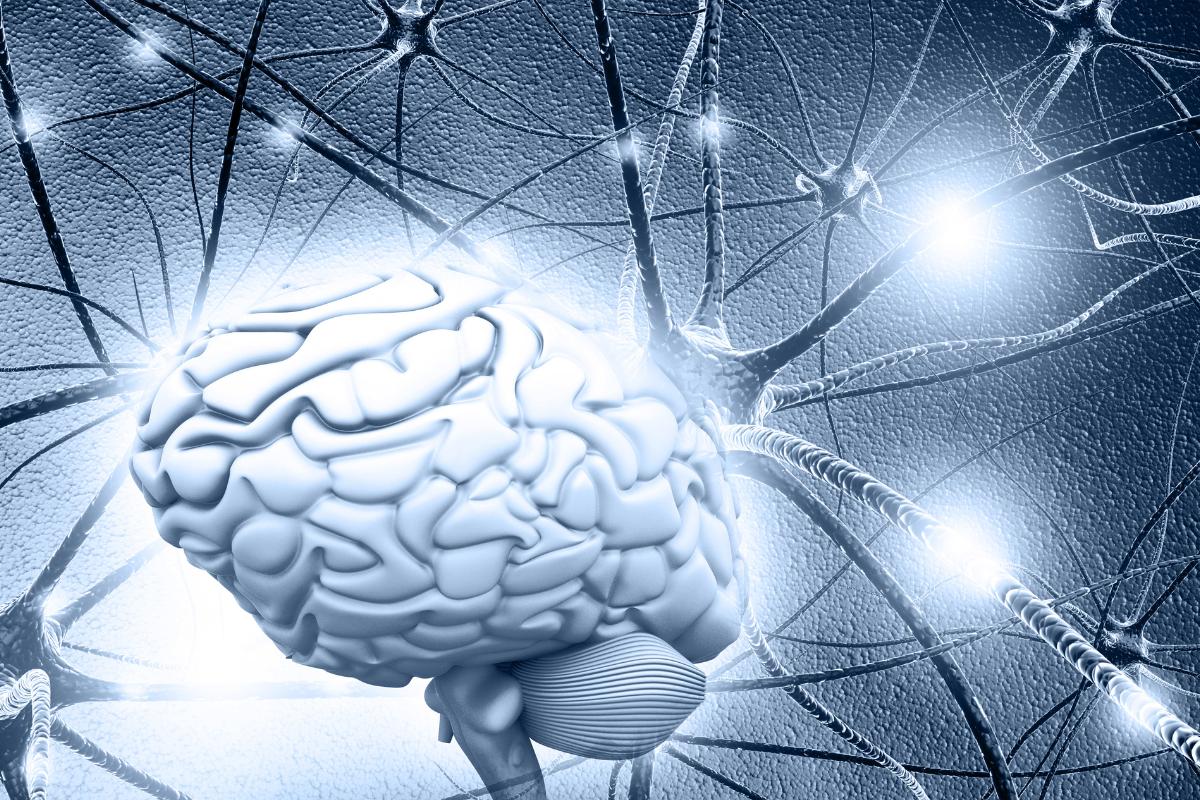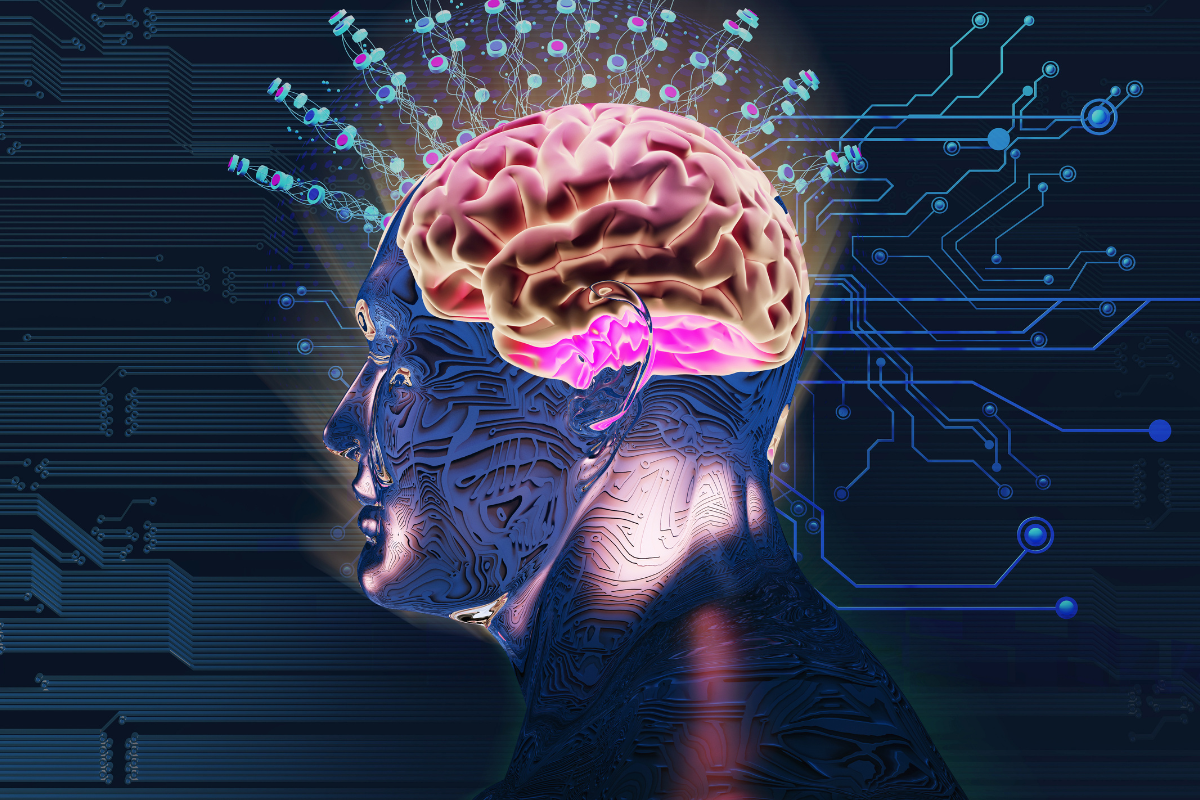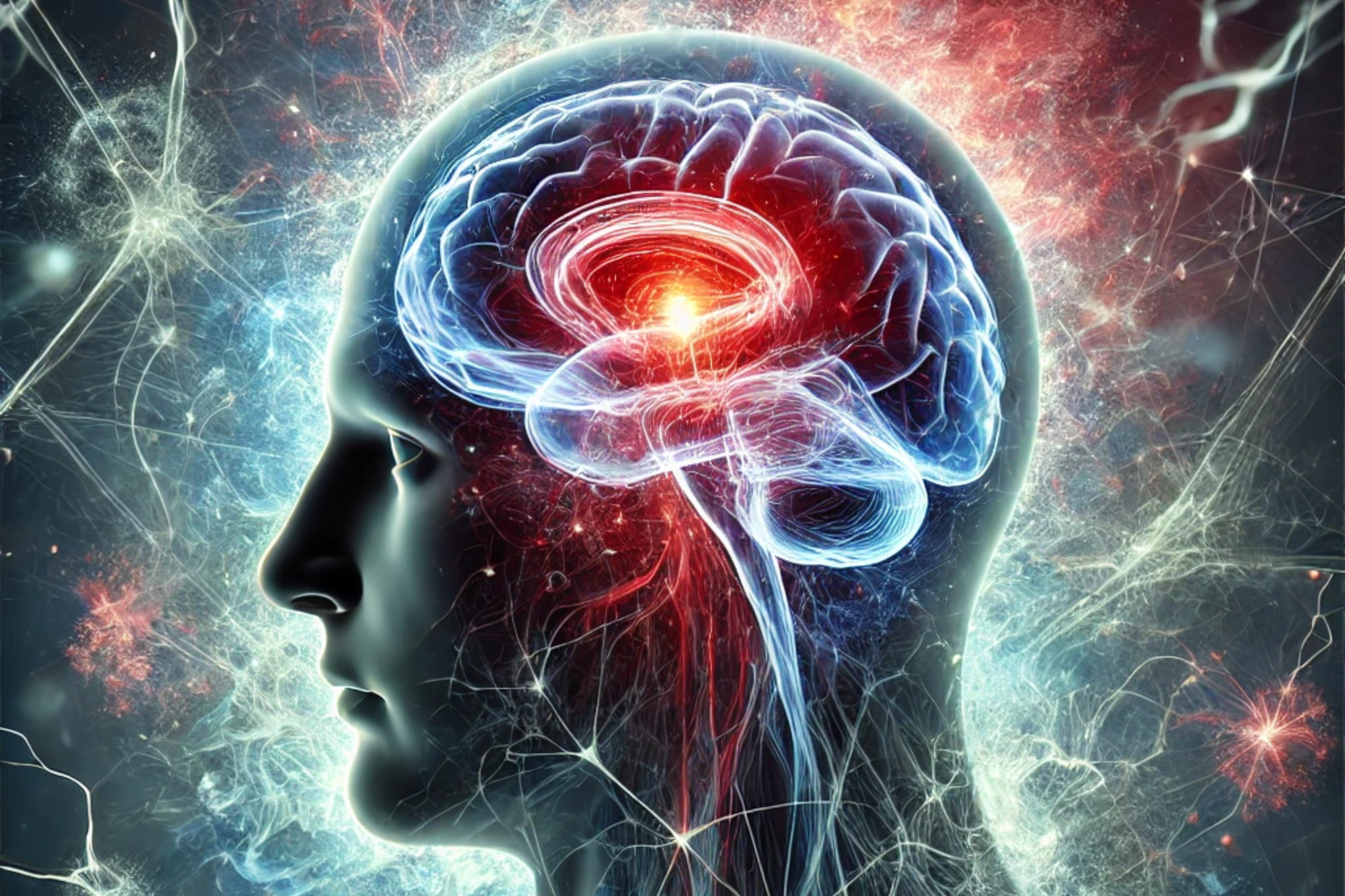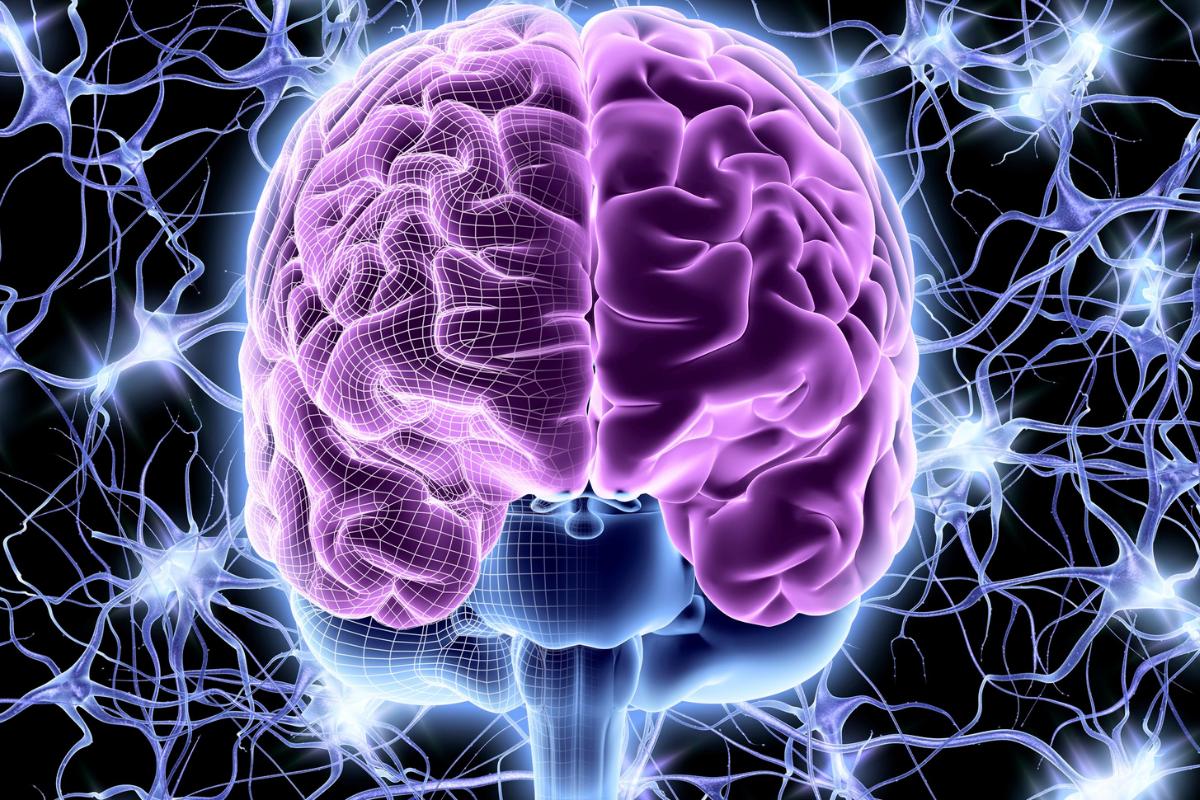Psychopharmacology is a field of science that studies the effect of drugs on the brain and behavior. Psychotropic drugs can be essential in the treatment of various mental disorderssuch as depression and anxiety, post-traumatic stress disorderamong others.
Throughout this article, we will discuss the basic concepts, the interaction of drugs with the nervous system and examples of mental disorders that can be treated with these substances.
What is psychopharmacology?
Psychopharmacology is the area of science that investigates how medicines influence our thoughts, emotions and behaviors. This includes researching and developing new psychotropic drugs, understanding how they work in our bodies and evaluating their effects, both positive and negative.
Psychotropic drugs interact with the central nervous system (CNS) by modifying brain chemistry. They affect neurotransmitters, which are chemical substances that help neurons communicate. Further research also suggests that psychotropic drugs can alter the expression of genes, facilitating the improvement of symptoms.
Some examples of treatment with these drugs include depression, anxiety, schizophrenia and bipolar disorder.
Importance of clinical psychopharmacology in mental health
Psychotropic drugs play an important role in crucial role in relieving symptoms, stabilizing mood and improving quality of life.
They are essential for reducing disabling symptoms such as deep sadness, intense anxiety and hallucinations. They also work to stabilize emotions, regulating extreme mood swingsespecially in bipolar disorders.
Types of psychotropic medication
Psychotropic drugs are classified into several groups, each with a specific function in the treatment of mental disorders. Let's get to know the main ones:
Antidepressants
Antidepressants are mainly used to treat depression and certain anxiety disorders, but they can also treat other disorders such as obsessive-compulsive disorder and post-traumatic stress disorder. They theoretically work increasing the levels of neurotransmitters in the synapses, such as serotonin, noradrenaline and dopamine, which are related to the modulation of mood and energy.
There are different types of antidepressants, such as Selective Serotonin Reuptake Inhibitors (SSRIs) like fluoxetine and sertraline, which are quite common due to their effectiveness and relatively tolerable side-effect profile.
There are also other classes of antidepressants with other mechanisms of action, such as Serotonin and Noradrenaline Reuptake Inhibitors (SNRIs). Common side effects include nausea, constipation and sexual problems, but these effects vary from person to person.
Antipsychotics
Antipsychotics are used to treat psychotic disorders such as schizophrenia and delusional disorder, relieving symptoms such as hallucinations and delusions, or for the treatment of mood disorders such as depression and bipolar disorder, favoring emotional stability.
These medicines act mainly on brain receptors for dopamine and, in some cases, serotoninIt can also be used to reduce psychotic symptoms or help patients stabilize.
They are divided into two main categories: the typical ones, such as haloperidol and chlorpromazine, and the atypical ones, such as risperidone and olanzapine. Atypical antipsychotics have been recommended because of their lower risk of serious extrapyramidal side effects.
Anxiolytics
Anxiolytics are used to treat anxiety symptoms, offering relief from tension and promoting a state of calm. Benzodiazepines act by increasing the activity of the GABA neurotransmitter receptor in the brain, producing a calming effect and helping to reduce anxiety and stress.
Benzodiazepines, such as diazepam and lorazepam, are common anxiolytics that provide quick relief, but can lead to dependence if used for long periods. Buspirone is another option that has less risk of addiction, but may take longer to show effects.
Psychostimulants
Psychostimulants are mainly used to treat Attention Deficit Hyperactivity Disorder (ADHD) and narcolepsy. They increase the activity of the neurotransmitters dopamine and noradrenaline in the brain, improving attention and concentration and helping to control hyperactivity.
Among psychostimulants, methylphenidate and lisdexamfetamine are widely prescribed.
These medicines help patients stay focused and organized. However, they can cause serious addiction or side effects such as insomnia, loss of appetite and increased cardiac risk.
How psychotropic drugs work
Psychotropic drugs modulate brain chemistry, affecting the action of neurotransmitters, which are the chemical substances that transmit signals between neurons. Neurotransmitters such as serotonin, dopamine and noradrenaline are crucial for regulating mood, anxiety, perception and cognition.
For example, antidepressants increase serotonin and noradrenaline levels, helping to improve mood and reduce depression. Anxiolytics potentiate the action of the neurotransmitter GABA, which calms the brain and reduces anxiety.
Antipsychotics adjust dopamine activity to reduce hallucinations and delusions. Each type of medication acts in a specific way, relieving different symptoms of mental disorders.
Sometimes drugs can interact with each other, altering their effectiveness or increasing the risk of side effects. For example, combining antidepressants with certain painkillers can increase the risk of a potentially serious condition called serotonergic syndrome. Understanding these interactions is essential to adjusting treatment and ensuring that it is safe and effective.
Benefits and risks of psychotropic drugs
Like all medication, psychotropic drugs can also present some risks. In the table below, we have examples of possible benefits versus risks depending on the psychotropic drug:
| Benefits | Risks |
| Symptom relief: reduces symptoms such as depression and anxiety. | Common side effects: nausea, weight gain, insomnia. |
| Improved quality of lifeThe following tips: increases energy, reduces stress and improves daily performance. | Serious side effects: may include more serious reactions, such as serotonergic syndrome. |
| Emotional stabilization: helps maintain a balanced emotional state. | Risk of addiction: some medicines can lead to addiction if used for a long time. |
It is essential that the use of these drugs is monitored by a psychiatrist to adjust treatment and minimize risks. Follow-up helps to ensure that the treatment offers the greatest benefits with the least negative impact.
Psychopharmacology in everyday life
It's common for people with depression to find it difficult to carry out their daily tasks. With antidepressants, this person can notice an improvement in mood and energy, which makes it easier to return to work, study and social life.
Similarly, people with anxiety disorder may find symptom relief with anxiolyticsThis allows them to cope with situations that were previously stressful and to resume activities that were previously challenging.
For those with schizophrenia, antipsychotics can help reduce symptoms such as hallucinations and delusionsThis allows for a more stable life and healthier social interactions.
The importance of maintaining treatment
Stop treatment with psychotropic drugs ahead of time can have serious consequences, such as the return of symptoms and a possible worsening of the condition. This can make recovery more difficult and require adjustments to treatment. In addition, stopping abruptly can cause unwanted side effects.
To keep your treatment up to date, create a routine for taking your medication, keep an open communication with the doctor about any side effects and understand the importance of continuing treatment, even when symptoms improve.
Clinical Psychopharmacology in Campinas: meet Dr. Petrus
For indicated cases, the use of clinical psychopharmacology knowledge can be vital for mental health care and symptom reliefThe aim is to improve quality of life. With the right medication, many people are able to resume their daily activities and live a more balanced life.
If you are experiencing difficulties, seek medical help. The right treatment can make a big difference. For a personalized assessment and advice, make an appointment with Dr. Petrus. Don't put off your mental health!







